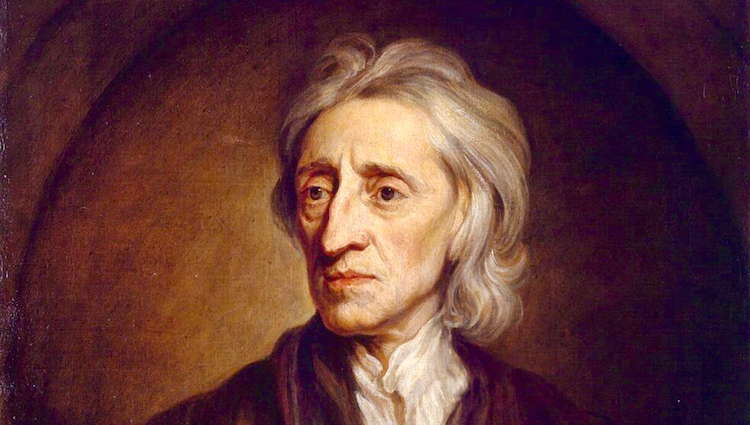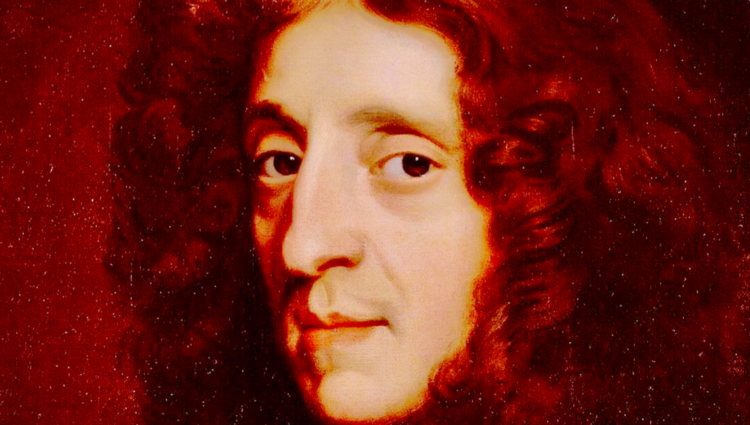What John Locke Really Said
By any reasonable standard of measurement, Willmoore Kendall would have to be included in a list of the most important political scientists of the post-World War II era. Moreover, as regards the American political tradition, it is easily argued that Kendall is the most original, innovative, and challenging interpreter of any period. I believe these conclusions [...]



